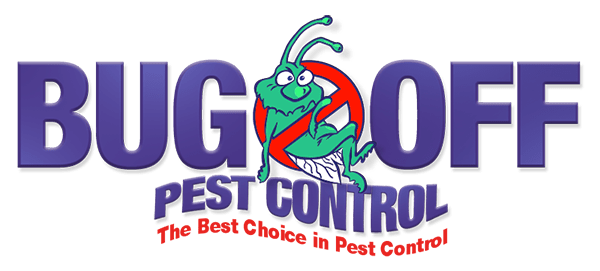One of the most terrifying things that can happen to a gardener is to find their garden plants & vegetables getting destroyed by pests.
Whether you are growing herbs, fruits, or vegetables, your garden plants are always prone to pest infestations. But that doesn’t mean all insects are harmful to your garden. As a matter of fact, many of them like bees, earthworms, ladybugs, or ground beetles – are beneficial to plants in different ways. Some act as nature’s little plows and your plants rely on many of them for pollination.
The most important thing is to understand what kind of pests really damage your garden and how to prevent it. The following information will help you against the most destructive garden pests and the best ways to prevent or get rid of them. So, without any further ado, let’s begin.
Aphids – A large aphid invasion can transform plants into dust. They usually target fruits, vegetables, flowers, and ornamentals. Aphids suck plant sap, distort vegetation, and cause leaves to drop.
Here’s what you can do to prevent Aphids infestation:
- Shower your plant daily. A gentle blast from the hose is usually enough.
- Neem oils, garlic sprays, insecticidal soaps, and horticultural oils have proven very effective against aphids
Cabbage Maggot
Cabbage Maggots are light green in color and difficult to monitor. They are relatively small in size and can easily blend in with the shade of the plants. These insects feed on areas between leaf veins and can have a massive impact on crops, such as cabbage, broccoli, radishes, cauliflower, and brussels sprouts.
Here’s what you can do to control and prevent Cabbage Maggot infestation:
- Cover vulnerable plants or grow the plants in a row covers
- Place yellow buckets of oily or soapy water near plants – Cabbage Maggots are attracted to yellow color.
- Put wood ashes or red pepper dust around stems
Caterpillars
Caterpillars are worse than Cabbage Maggots and can be found on many fruits, vegetables, and shade trees. The butterfly’s larval stage does substantial harm to your gardens by chewing anything that comes in its way. They not only infiltrate plants but can chew flowers, fruits, and leaves. Caterpillars can live their entire lives on the same plant or tree. Their primary goal is to eat as much as they can in order to pupate.
Here’s what you can do to prevent caterpillars in the garden:
- Grow herbs alongside vegetables – most pests, including caterpillars, hate the smell and stay away from herbs like sage, mugwort, peppermint, and lavender.
- You can spray eco-friendly natural pesticides on the top and bottom of leaves – try using neem oil spray for safe & the best possible results.
Tarnished Plant Bug
Tarnished Plant bugs prey on flower buds, causing them to abort nurturing and the blooms tend to distort before they open properly. Their infestation often results in deformed leaves, leaf petioles, scarred and discolored stems. The bug attacks a host of vegetables and fruits, especially strawberries, peaches, and citrus buds.
- Try to keep your garden weed-free in the spring & summer season
- Spray young nymphs, buds, and plants with neem oil
- Encourage native predatory insects
- Apply nets to cover vegetation
We hope this article has given you some insights into garden pests and how to prevent their damage. Other than preventive measures, don’t forget to keep your garden healthy with natural raw materials, organic soil, compost, and other organic nourishment for their healthy growth.

